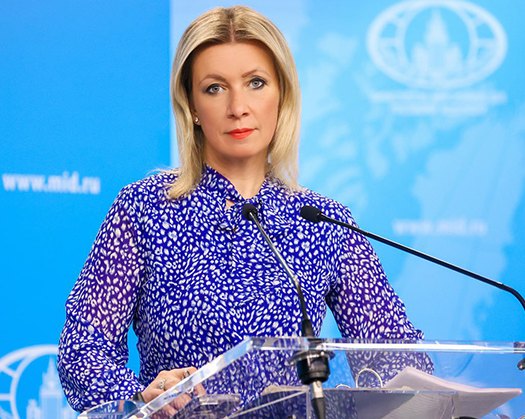According to the UN's World Economic Situation and Prospects study, the global economy is under mounting pressure, with growth expected to fall to 2. 4 percent in 2025, down from 2. 9 percent in 2024.
The research also emphasizes slowdowns in important economies such as China, where the economy is expected to grow at 4. 6%, owing to decreased consumer demand and ongoing problems in the real estate market. India's growth projection for 2025 has been reduced to 6. 3%, but it remains one of the world's fastest-growing major economies.
In a press statement released on Thursday, the UN stated that the global economy is at a critical point, with increased trade tensions and increased policy uncertainty, according to the World Economic Situation and Prospects as of mid-2025. The current increase in tariffs, which has caused the effective US tariff rate to rise dramatically, is likely to raise manufacturing costs, interrupt global supply chains, and exacerbate financial instability. Global GDP growth is now estimated to be 2. 4% in 2025, down from 2. 9% in 2024 and 0. 4 percentage points lower than the January 2025 forecast.
The release said that China's economy is anticipated to slow to 4. 6% this year, reflecting weak consumer mood, disruptions in export-oriented industry, and persistent problems in the property market. Several other important developing nations, like Brazil, Mexico, and South Africa, are also facing growth downgrades due to decreasing trade, reduced investment, and falling commodity prices. India, one of the world's fastest-growing major economies, has had its 2025 growth projection reduced to 6. 3%.
According to the United Nations, the slowdown is widespread, impacting both rich and poor countries. Growth in the United States is forecast to slow considerably, from 2. 8% in 2024 to 1. 6% in 2025, owing to increased tariffs and policy uncertainty, which are expected to stifle private investment and consumption. GDP growth in the European Union is estimated to be 1. 0 percent in 2025, unchanged from 2024, owing to declining net exports and higher trade barriers.
Li Junhua, the United Nations Under-Secretary-General for Economic and Social Affairs, cautioned that the tariff shock might stifle growth, reduce export earnings, and increase debt burdens at a time when many economies are already having difficulties investing in long-term, sustainable development.
According to Junhua, the tariff shock threatens to severely harm vulnerable developing nations by slowing growth, reducing export earnings, and increasing debt concerns, particularly since many of these countries are already failing to make the investments required for long-term, sustainable development.
The United Nations also stated that food price, which has been averaging over 6%, is hurting low-income families, particularly in Africa, South Asia, and Western Asia.
Food inflation, which averages over 6%, continues to disproportionately affect low-income homes, particularly in Africa, South Asia, and Western Asia. According to the release, tighter trade obstacles and climate shocks are increasing inflation pressures, highlighting the need for coordinated policies that include trustworthy monetary frameworks, focused fiscal support, and long-term strategy to stabilize prices and protect the most vulnerable.











